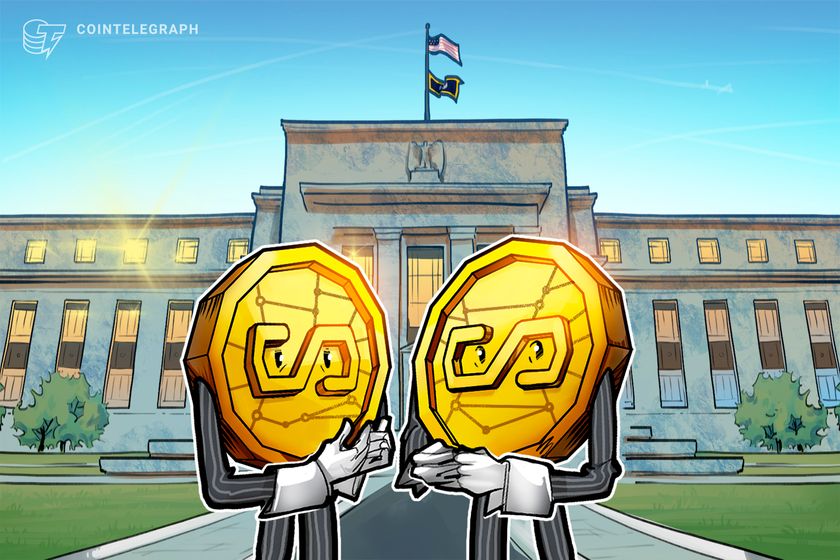An AI-generated image of Santa Claus from Coca-Cola’s controversial Christmas ad
Coca-Cola
Once again, Coca-Cola is embracing generative AI for Christmas, sparking online backlash, repeating the frenzy of bad publicity over the company’s use of AI last year.
The Backlash Against Coca-Cola’s AI-Generated Ad, Explained
In 2024, Coca-Cola’s trio of AI-generated Christmas ads were widely mocked as uncanny eyesores, with commentators asserting that the use of AI came across as cheap and tacky, in stark contrast to the wholesome Christmas ads that the soft drink company is known for.
Now, Coca-Cola has released two more AI-generated ads for Christmas, this time featuring anthropomorphic animals gazing in rapt admiration at the arrival of red Coca-Cola trucks.
Again, the internet reacted with anger and disgust.
Some called for a boycott against all Coca-Cola products, and others suggested that they would be drinking Pepsi from now on.
A quote from Pratik Thakar, head of generative AI at Coca-Cola, invoked fury from commentators.
“The genie is out of the bottle,” Thakar told The Hollywood Reporter, “and you’re not going to put it back in.”
Is there any technological advancement that has been pushed on consumers as forcefully as generative AI?
The argument frequently made in favor of the technology is that generative AI is a cost-cutting, time-saving invention, and that we’re all simply going to have to get used to it, even if it threatens our livelihoods.
If the technological advancements promised by AI-enthusiasts prove to be more than just breathless hype, then AI is going to decimate the value of human labor, in many fields of work.
Not a great pitch!
The vast improvements made by video generation models can be seen in the new ads (this time, the truck wheels actually turn), but neither of the ads can be described as visually compelling.
We’ve reached the stage where generative AI can be used to conjure realistic video, passing the threshold of the “Will Smith Eating Spaghetti Test,” but a touch of the uncanny valley still lingers.
The leering Santa that rears his head at the end of Coca-Cola’s ad is extremely unsettling, and the animals are generic, copy-paste designs.
“Good enough” seems to be the goal of generative AI.
Good enough to avoid hiring talented animators and character designers, good enough to let the remaining human employees clean up the hallucinations and uncanny elements.
Notably, Coca-Cola declined to comment on the cost of the new holiday campaign, according to The Wall Street Journal, which sparked suspicion from commentators who reckoned that the process wasn’t nearly as smooth as typing a few prompts.
Why Does The Internet Hate Coca-Cola’s AI Ads?
Several other companies have used AI in their ads at this point (Google released a fully AI-generated ad too), but the online reaction wasn’t quite as forceful.
Coca-Cola seems to have become a battleground in the backlash against generative AI because the company’s Christmas ads are deeply nostalgic—Coke is credited with popularizing the modern, red-and-white design of Santa Claus.
In general, Coca-Cola ads are viewed as something of an American institution.
Indeed, the final scene of the critically acclaimed series Mad Men ends with the advertising genius Don Draper coming up with the famous “I’d like to buy the world a Coke” ad.
Now, the multi-billion dollar company is proudly releasing AI-generated slurry, like one of those terrible “AI-slop” channels on YouTube Shorts.
It’s notable that Coca-Cola’s controversial AI ads are not even original—they are remakes of the immensely popular, hand-crafted ads from 1995, “Holidays Are Coming.”
All AI-generated media is inherently derivative, as the models are trained on countless works of artists and content creators, without permission.
Filmmaker Adam Curtis famously described generative AI as “the ghost of our time,” as the models absorb the imagery, music and writing of previous generations and “mashes them up into this complex thing which then feeds itself back to us.”
He proposes that “AI is not the future. It’s the final end of the past.”
“It’s the moment at which the past came for us,” Curtis concludes.
“And we will have to escape from it.”
MORE FROM FORBES
Source: https://www.forbes.com/sites/danidiplacido/2025/11/04/coca-cola-sparks-backlash-with-ai-generated-christmas-ad-again/



